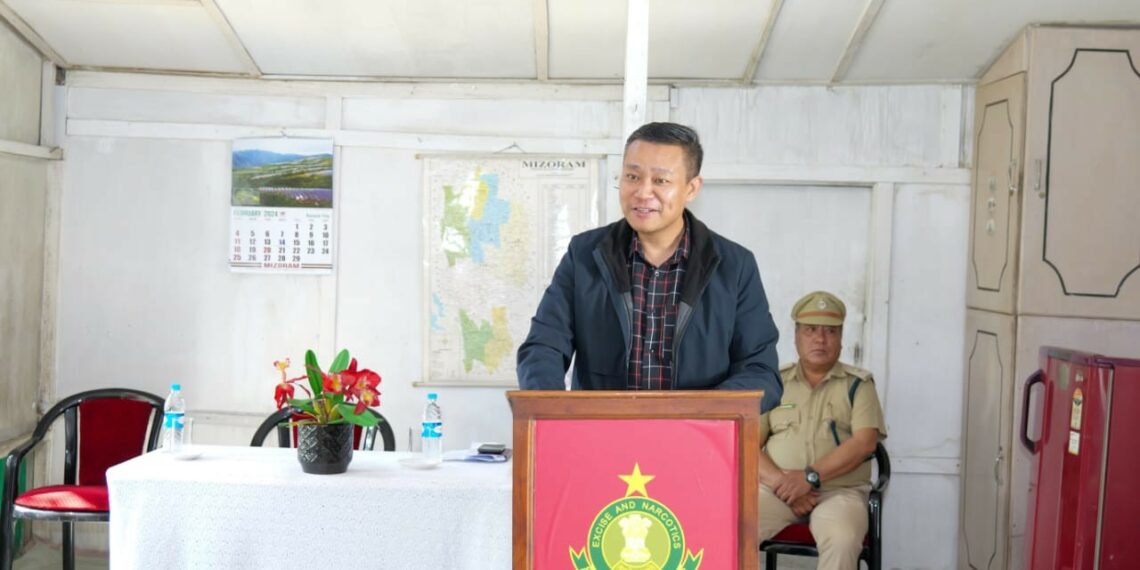AIZAWL: Amid mounting concerns over alcohol-related deaths, the Zoram People’s Movement (ZPM) government in Mizoram has announced plans to reassess the state’s prohibition law.
Excise and Narcotics Minister Lalnghinglova Hmar disclosed during a legislative session that the existing Mizoram Liquor (Prohibition) Act, 2019 is currently under scrutiny and may undergo revision if deemed necessary.
This announcement comes against the backdrop of growing calls for a reassessment of the law, particularly given the state’s limited revenue sources and the persistence of alcohol-related deaths.
The prohibition law, which restricts the sale and consumption of liquor in Mizoram except for specified areas, has faced criticism in recent years. \
Despite the state being categorised as “dry”, reports indicate a significant number of alcohol-related fatalities, with Health Minister Lalrinpuii revealing that Mizoram recorded 438 such deaths, including 77 women, in the past 10 months.
The decision to review the prohibition law, which was implemented by the previous Mizo National Front (MNF) administration, reflects a broader debate within the state.
The government’s commitment to strengthening enforcement measures was underscored by Minister Hmar’s assurance of bolstering the excise and narcotics force, including filling vacant officer positions and procuring necessary resources for investigations.
Mizoram has a complex history with alcohol regulation, with periods of partial prohibition interspersed with complete bans.
The Mizoram Liquor Total Prohibition Act of 1995 imposed a comprehensive ban on liquor, only to be modified in 2015 to permit the operation of wine shops.
However, following electoral promises, the MNF government reintroduced stringent prohibition laws in 2019.
The move towards reassessing the prohibition law signals a pivotal moment in Mizoram’s alcohol policy, as policymakers grapple with balancing public health concerns, revenue considerations, and societal expectations.
As the government deliberates on potential revisions, stakeholders, including religious and community organisations, are closely monitoring developments.















